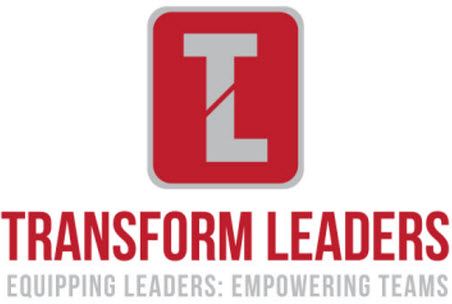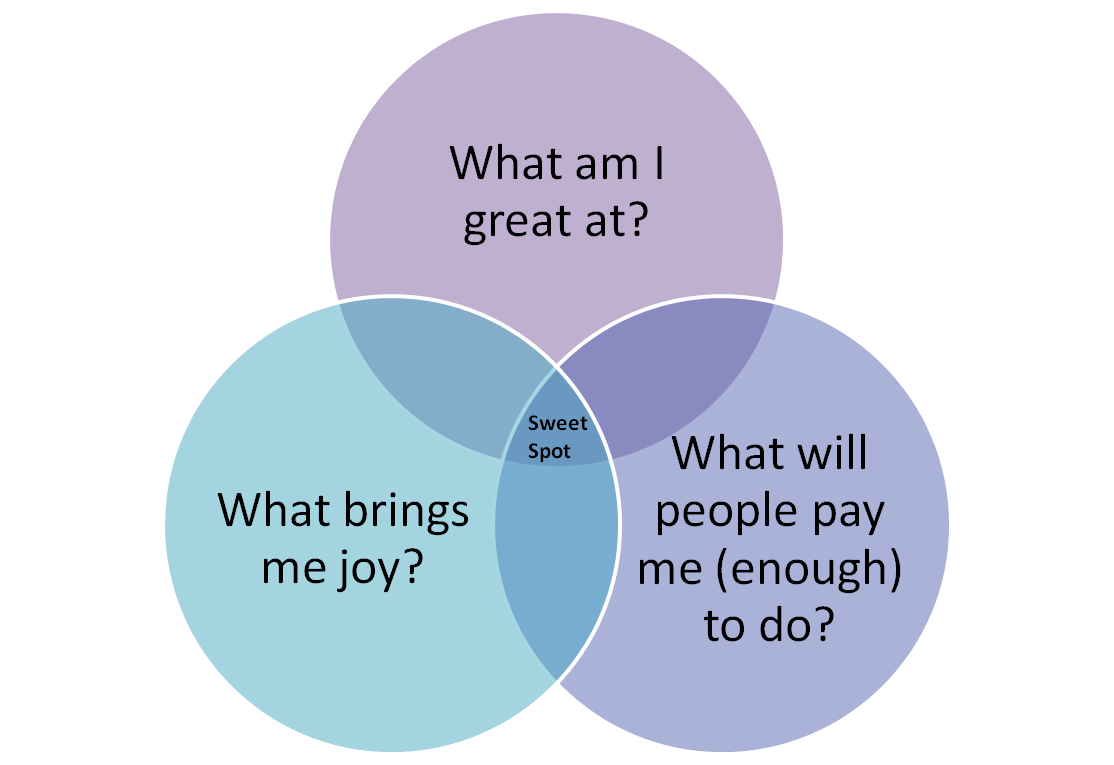There are two types of ways to work. The first is that of obligation. I feel I have a duty, or a contractual obligation to fulfil certain tasks. The second is very different because we do it because it energies and fulfils us. This is the work that we do because we love it, the work is like play to us. It doesn’t mean our work is full of sunshine and flowers. It might mean toiling endlessly long into the night on projects that we are deeply invested in. These are the projects that we care about, whether it is a new opera, the next greatest novel, or a business plan for the food truck that you’ve wanted to set up.
Never underestimate the vital importance the work that for you is play. This turns possible underachievers into happy warriors.
Ken Robinson who wrote The Element says, “The place where the things you love to do and the things that you love to do come together. The Element is the meeting point between natural aptitude and personal passionâ€.
For the most part, people seem to think that life is linear, that our capacities decline as we grow older, and that opportunities we have missed are gone forever. Many people have not found their sweet spot because they don’t understand their constant potential for renewal.
Ken Robinson says that, “When people are in their sweet spot, they connect with something fundamental to their sense of identity, purpose and well-being. Being there provides a sense of self-revelation, of defining who they really are and what they´re meant to be doing with their livesâ€.
High-achievers often share similar attitudes, such as self-belief, optimism, ambition and frustration.
Having a sweet spot doesn’t mean we live free of…
- Going through tough times
- Working hard
- Being stressed or tired
It does mean that you have a large awareness of a focused way that you make a contribution to the world. It means that you know a “flow†that permeates your life experience.
What is flow? Mihaly Csikszentmihalyi, who wrote a book on the subject, defines it:
“Flow is the state in which people are so involved in an activity that nothing else seems to matter; the experience itself is so enjoyable that people will do it even at great cost, for the sheer sake of doing itâ€.
It shouldn’t. There is nothing more basic, more practical, or more profound to your work. You were created for something sweet!
But most people don’t know their sweet spot. Benjamin Franklin said, “There are three things extremely hard: steel, a diamond, and to know one’s self.â€
If you don’t know your SWEET spot, you are to some degree living in your SWEAT spot. You are working harder than you should for results that are less than they should be.
Working in your SWEAT spot means…
- Your energy and attention doesn’t focus naturally
- You get exhausted faster than you should
- Monotony might ambush your day, any day
- You are often tempted by distractions and breaks
- You are more susceptible to jealously at work
- A deep sense that you were created for more haunts you
As I articulate each of these bullets, vivid experiences in my own journey come to mind. I know what it means to be in both spots.
The magic happens when you find the sweet spot where your genuine interests, skills, and opportunity intersect.
1. Your Genuine Interests
What fascinates you? What topic do you like to discuss the most? Most legendary creative careers start with a genuine interest in a particular field. Perhaps it’s film, coffee, or airplane travel. A genuine interest is not about what promises the most economic gain. On the contrary, it is a topic that trumps economic concerns because you love it so much.
I have always been fascinated by human behaviour and change. As a young child I remember watching people closely and trying to work out what made them tick.
While money is important, the drive toward remarkable achievements comes from a deeper place.
Attempting greatness without a genuine interest in the field is like running a marathon after fasting. Remarkable achievements are fuelled by genuine interest.
2. Your Key Skills
What are your skills and natural gifts? Do you have a knack for math or storytelling? Perhaps you possess a unique compassion for the human condition? Take an inventory of what you know or could easily learn. The skills you have are a helpful indicator for the opportunities that are most likely to flourish under your leadership. Of course, skills alone are insufficient. But, when paired with a genuine interest and a new opportunity, your innate capabilities can truly shine, opening the path to success.
One of the clues is, what you find unremarkable and easy but others find intimidating and difficult.
My wife is a kindergarten teacher. She has been doing it for years. She loves it and is a fantastic teacher. When she stands in front of kids it is her happy place. She puts in the work behind the scene, but it does not stress her to do it day in day out. I have tried 3 times to teach primary age kids in various contexts. Each time I have come away, cranky with the kids and clear that I am not good at the teaching primary age kids.
3. Your “Opportunity Streamâ€
The third factor that plays into every successful career is opportunity. Unfortunately, this is often where we get stuck, discounting the potential opportunities that surround us as inadequate. There is no such thing as equal access to opportunity. Old boy networks and nepotism run rampant in all industries. And most opportunities are entirely circumstantial. As such, you must simply define “opportunity†as an action or experience that brings you a step closer to your genuine interest. Opportunity is less about leaps forward and more about the slow advance. Most folks I meet recall their greatest opportunities as chance conversations. This is why personal introductions, conferences, and other networking efforts really pay off. Just surrounding yourself with more activity will inherently increase your “opportunity stream†– the chance happenings that lead to actions and experiences relevant to your genuine interests.
Your sweet spot is discovered through active contemplation, not passive reflection. The broader your base of experience, the more patterns you will be able to discern. Some people think that their sweet spot should be obvious, and as a result they waste a lot of time trying to “find their passion†or figure out their optimal career path before diving in. Instead, great contributors begin by adding value wherever they can, then spend time sorting the results later.
Here’s the truth: you can be very productive for your entire career and never identify your sweet spot. You might even become celebrated for your work. However, the most gratified and ultimately successful people I know are those who have a strong sense of self, and have engaged in at least some attempt over time to shape their work so that it reflects their unique abilities. Others cannot do this for you. However, this also involves taking strategic risks and making bold decisions with your work. I encourage you to consider:

